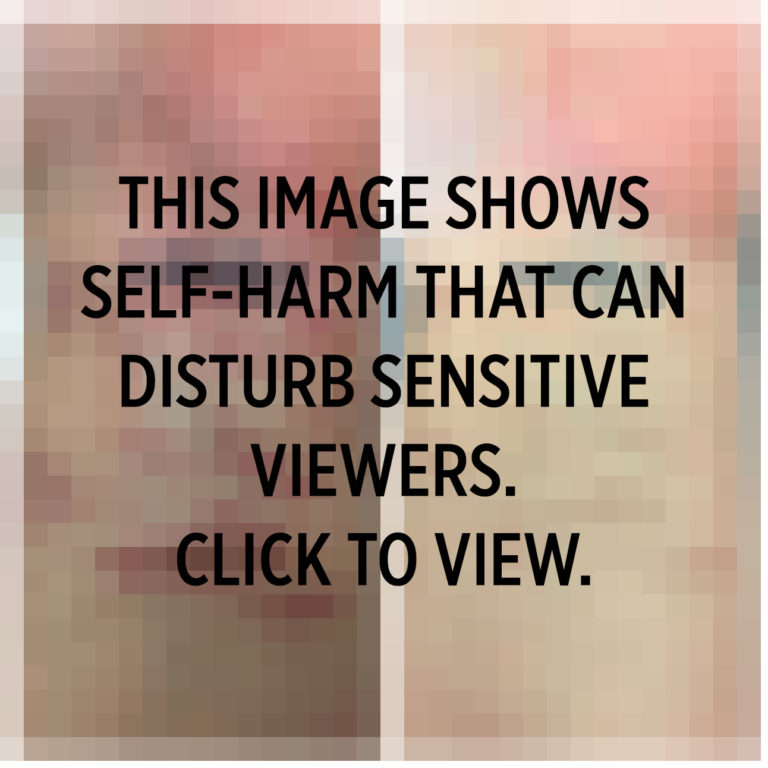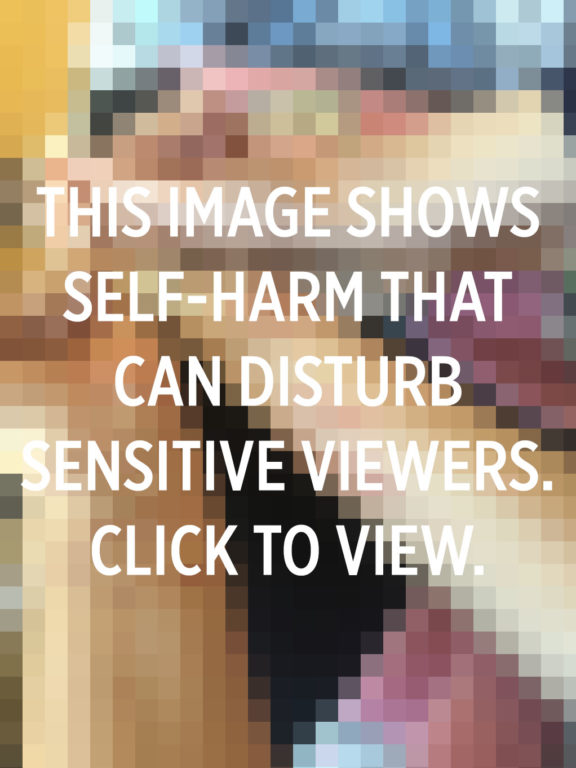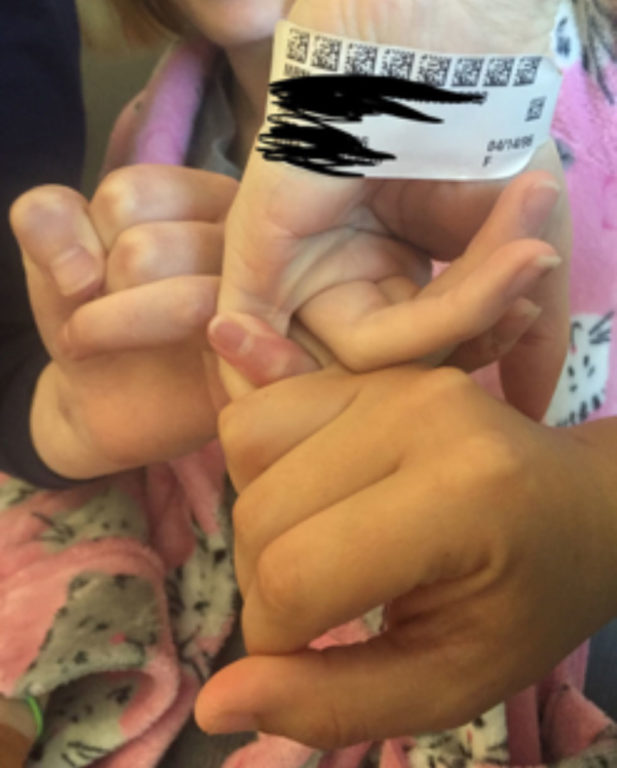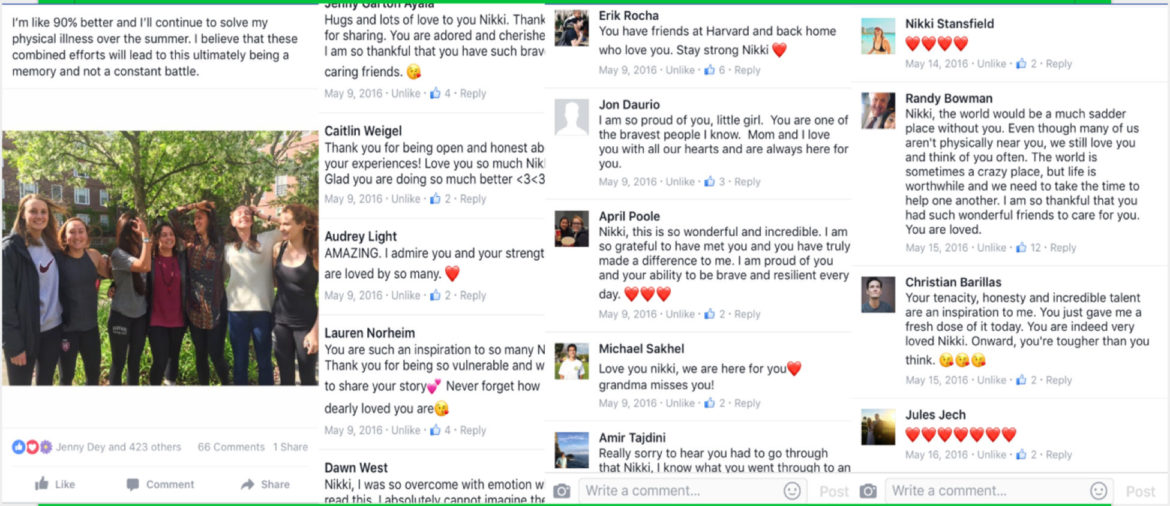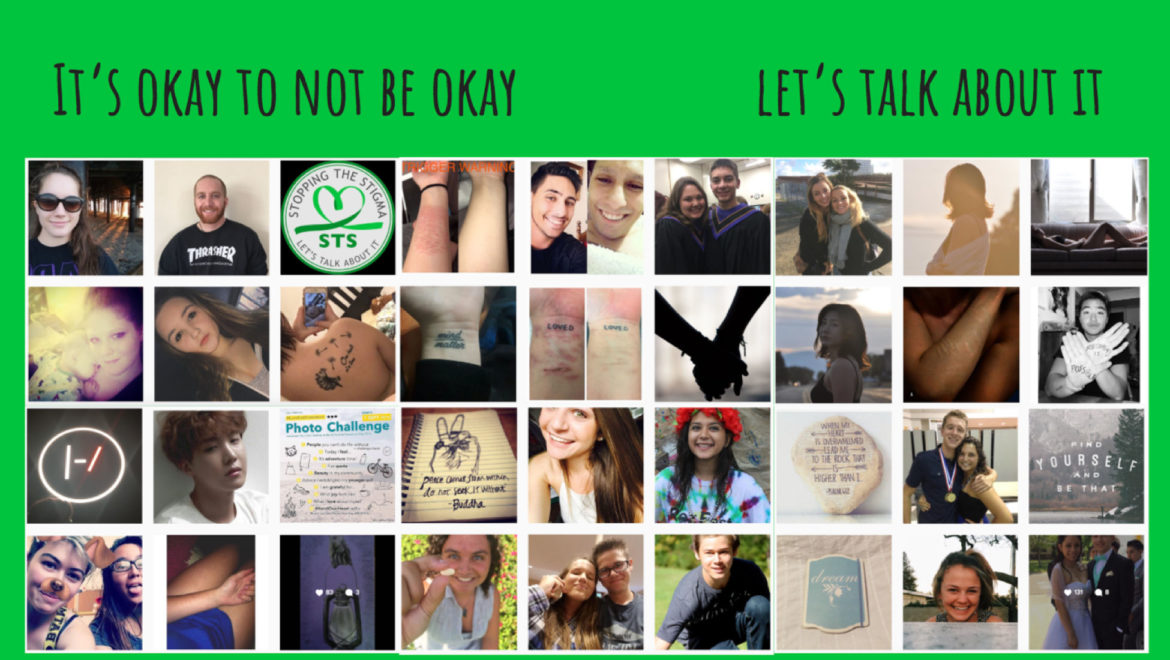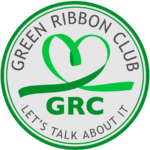My story started January 2016, halfway through my freshman year at Harvard. First semester of my freshman year was better than I had ever dreamt it could be. I took classes that intrigued me, I met some of the most amazing people who will definitely be lifelong friends, I was learning from some of the most intelligent and involved professors, and I created a home away from home. All in all, college was measuring up to its reputation of offering me all I could ever want.
Although I wanted to be the ideal student-athlete on campus, I recognized that I was sick and that I needed help, so I admitted myself to a psychiatric hospital.
Unfortunately, second semester I developed strange and concerning medical conditions. I was plagued by debilitating headaches, nausea, dizziness, lack of concentration, and overall weakness and fatigue. No one could tell me what was wrong with me. Due to this lack of diagnosis and the persistence of the headaches that constantly tortured me, I soon developed depression and suicidal ideation. It became increasingly more difficult to go to class, go to water polo practice, do my homework, keep up with extracurriculars, get more than 3 hours of sleep and still be able to battle this mysterious illness and my growing depression. Although I wanted to be the ideal student-athlete on campus, I recognized that I was sick and that I needed help, so I admitted myself to a psychiatric hospital.
At the hospital, I made some friends (who I still check in with today). We made a pinky pact promise that we would stop self harming for each other; that we would stay alive, for each other. I am happy to say that we have kept that promise <3 After my week long hospital stay I did feel better, but three days later I got a concussion, directly before finals.
Even though I had a concussion, depression, and an unknown ailment, I wanted to persevere and finish the semester strong. The school wanted me to take my final exams in September and take the following semester off for a leave of absence. I didn’t want to. I was dead set against it because in my head, that would make me a failure. Why could all my other friends handle it all and I couldn’t?
It was eventually clear to me that taking the exams would hinder me academically as well as physically and emotionally.
Even though I wanted to go back to school in the fall, I realized that I needed to take that time to get treatment.
I realized that I was not a failure for taking a break from school.
Instead, I was strong and brave, and I was better for it.
Putting yourself and your mental health as the number 1 priority isn’t a failure or a weakness, it’s a sign of strength to stay healthy.
Thus began my recovery period and road to treatment.
I also saw how when one person speaks honestly about their battle, others follow.
After the stay in the psychiatric hospital, I went public on Facebook about my story. 37 of my friends reached out to me after to explain that either they, too, suffered from anxiety or depression or all the way to one of my close friends from high school admitting that he had attempted to kill himself. And I. Had. No. Idea. And I never knew, until I spoke up about my own problems. He was too afraid to talk about it, even to a close friend like me. After reading all of these messages, I realized how absurd it is that in society, mental illness has such a huge stigma surrounding it that even friends aren’t talking about it. I also saw how when one person speaks honestly about their battle, others follow. Thus began my creation of Stopping the Stigma.
This is a community where it’s okay to be honest and talk about our mental impairments, just as we would about our physical conditions.
Stopping the Stigma is an online blog made up of people’s stories from around the world. It’s a safe place where people can be courageous and share their battle in the hopes of inspiring others. Reading these stories and seeing the pictures of real people actually going through this gives society a different perspective on mental illness, and hopefully, an accepting one. This is a community where it’s okay to be honest and talk about our mental impairments, just as we would about our physical conditions. Our growing community offers constant love and support!
From there, I met a guy named Brian. He told me stories of his personal struggles and times that he’s been surrounded by suicide. We decided to partner up with a few of our friends and create the 501(c)3 Green Ribbon Club. Green Ribbon Club is a non-profit organization dedicated to stopping the stigma against mental disorders, promoting mental health resources, and ultimately mitigating suicide. By doing this through education, we hope to also help youth engage in their own forms of advocacy. GRC is led by college students and post-grads who want to change the way society views mental health.
You are enough.
Now, after reading all of this, some of you may feel as though you identify with some of the stuff I’ve said.
I know it’s hard to hear, but it’s okay.
Moving forward, things are going to change.
You are going to be dropped into new environments.
I’m not trying to scare you, but I just want you all to be prepared.
There will be times when you are feeling lost or lonely or less than smart, but you are not alone! Others are too, even if they don’t show it.
Don’t be intimidated by everyone else seeming like they have everything together.
You are enough.
You can and you will get through it.
In closing, I have a new and highly treasured perspective on life. During those dark months of second semester, I had lost the will to live. That experience alone has made me appreciate every little aspect life has to offer. Helping others has definitely, in turn, helped me. I’ve realized what I find truly important. My relationships with friends and family members, my health, my ability to do things (or not to do things) to benefit my happiness, my innate need to help others, rekindling my true love for actually learning, and the idea that I have something to offer the world are all things contributing to my new sense of life. It is a purpose of mine that no other student will have to suffer the way that I did. I am happy to say, that I have received so much light that has come from this darkness.
If this has moved you at all, there are ways that you can take action. You can make a difference on a micro scale by being genuine with your friends and family, and putting emphasis on seeing how they’re actually doing. Or, if you want to 1) help those who are struggling, 2) educate the public so that mental illness can be destigmatized, and 3) use that combined passion and knowledge to then advocate for the rights for people who need it, then please consider looking into Green Ribbon Club.
GRC engages with communities by starting clubs at schools to bring forth more conscious education and discussion of mental health. Club members will also connect with their local school, government, and community to advocate for positive measures around mental health. Interested in starting a club? For more info, visit us here.
Stopping the Stigma is a platform for people of various walks of life to share their story with mental illness. Telling your story can help another person feel less alone. To share your experience with mental health, submit your story here.
Enlighten is GRC’s online publication that focuses on opening up the conversation of mental health. Enlighten seeks to cover a wide range of topics in various ways, including interviews, self-care guides, and personal essays. Interested in submitting a piece? Email submissions@greenribbonclub.org
I want you all to make a promise to me today, to your teachers, to your friends and family. I want you to promise that you will support each other.
You will listen.
You will watch out for those who are struggling. And most importantly,
you will put your mental health as the number one priority.
Moving forward, I challenge you to share your story with other and encourage others to do this same in return. Start a conversation. What have you been battling? Furthermore, how can we use our experiences to then help others? Let’s brainstorm ways that Create Change, Green Ribbon Club, and the larger community can help change the conversation around mental health.
—N.D.
